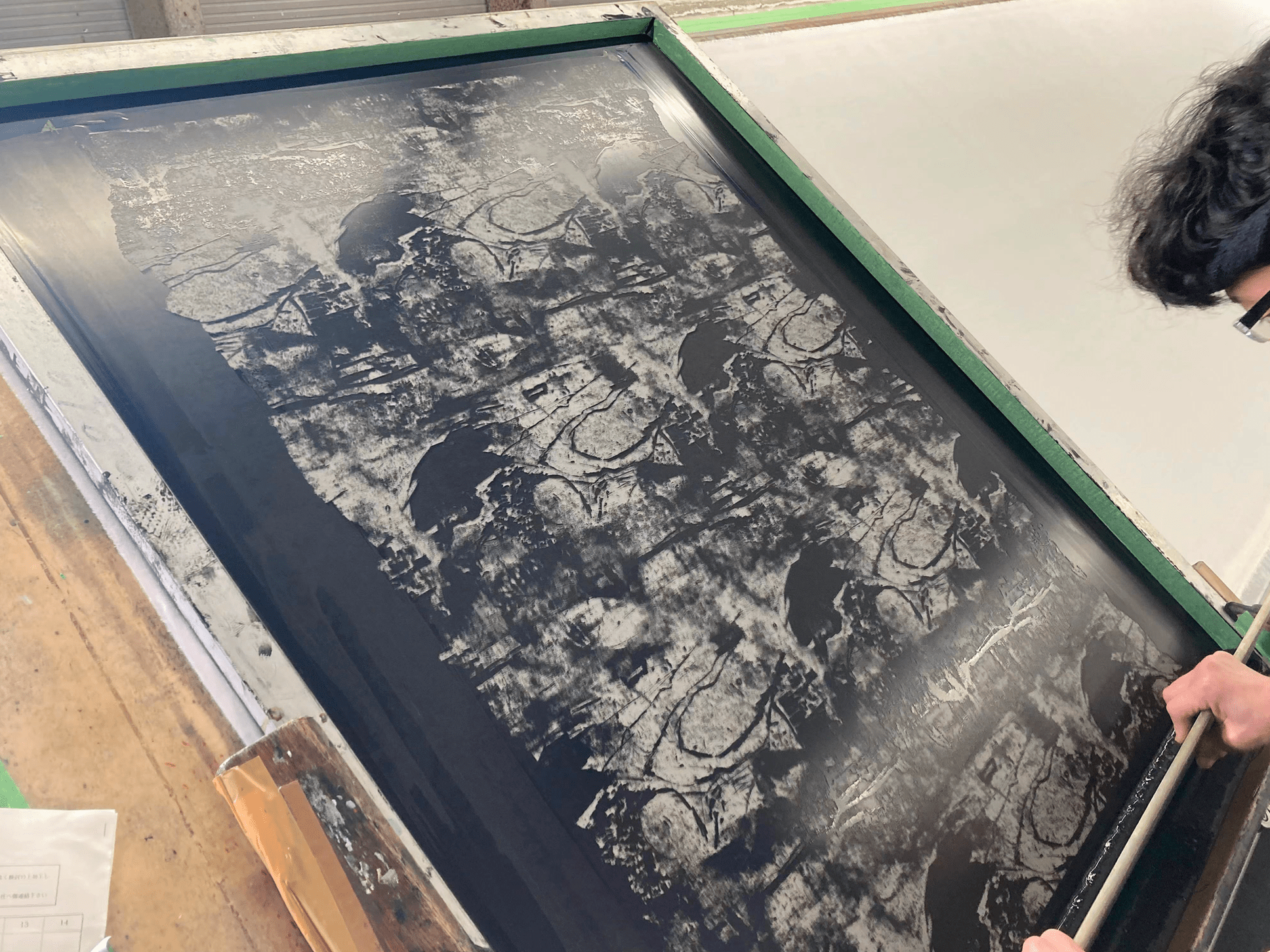
India’s vast garment industry produces billions in new clothing annually, but some fashion enthusiasts are turning to secondhand shopping to address environmental concerns.
While still niche, this movement is growing among young, eco-conscious shoppers in cities like New Delhi, where markets offer affordable and ethical alternatives to fast fashion. For many, thrifting isn’t just economical; it’s a choice to reduce waste in a country with limited recycling infrastructure and overflowing landfills.
Brands like Doodlage, founded by Kriti Tula in 2012, are part of this shift. Initially cautious about marketing recycled fabrics, Tula now sees greater public awareness around sustainability. "It's crucial to keep items in circulation," she notes, encouraging renting, thrifting, and repairing clothes as viable options.
India ranks as the fifth-largest garment exporter globally, with the sector employing 45 million people. Despite its size, this industry is facing scrutiny from consumers aware of its environmental toll. Influenced by social media and pandemic restrictions, some, like Neha Butt, have turned online thrift shops into physical stores, finding a market for sustainable fashion.
Swati Sambyal, a circular economy expert, emphasizes that managing textile waste requires changing both production and consumption habits. She points to natural fibers from banana and pineapple as innovations but stresses that real change depends on shifting consumer behavior.
Avant Gardist also emphasizes reduced consumption and the reuse of old garments. Some of AG brands, like Phenotypsetter and Modement, regularly organize workshops that focus on redesigning and repurposing old clothes, contributing to this sustainable shift in fashion.




